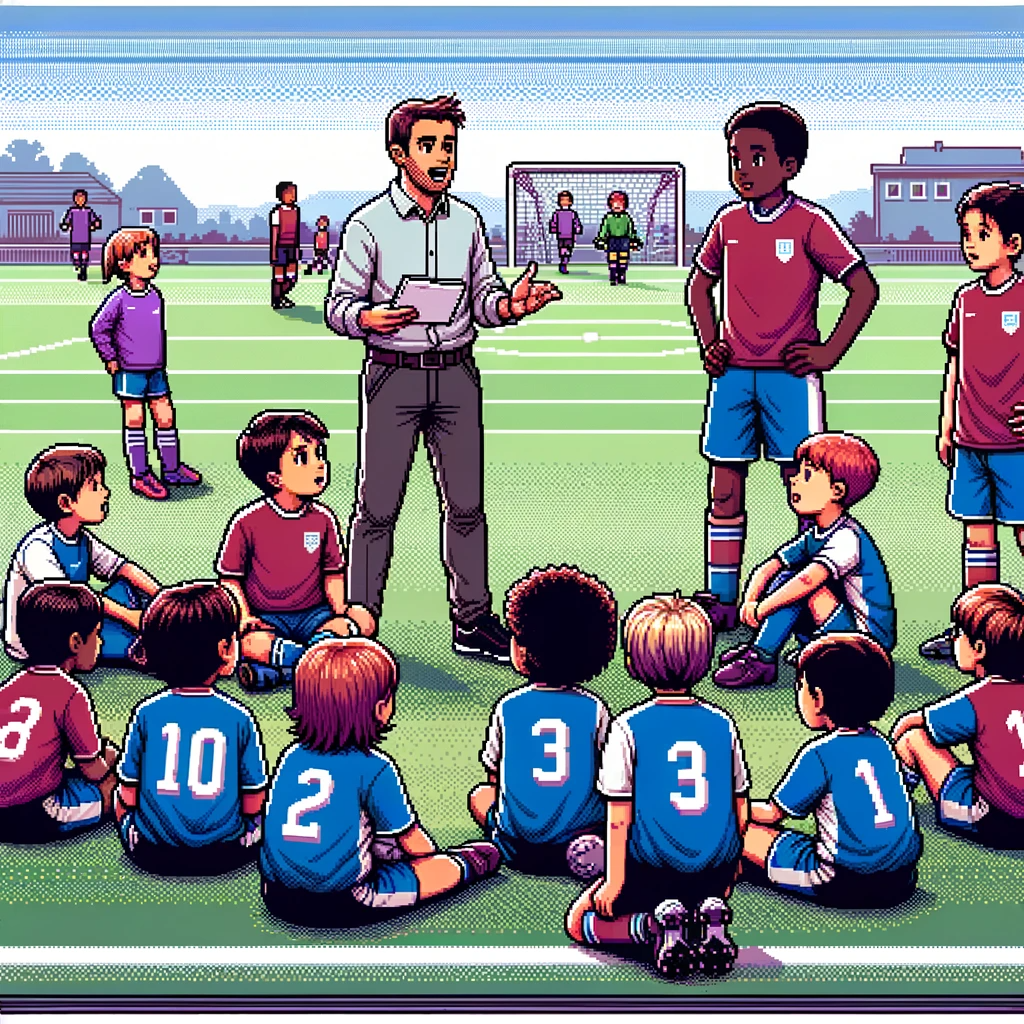
Unlocking Coaching Potential: Insights from “Coaching Efficacy and Culture of the US Youth Soccer National Youth License”
The world of soccer coaching and player development is constantly evolving, and a significant contribution to this field is the study presented in Coaching Efficacy and Culture of the US Youth Soccer National Youth License. This comprehensive article, authored by Dr. Ron Quinn, Dr. Sheri Huckleberry, and Sam Snow, delves into the effectiveness of coaching methods, particularly focusing on the US Youth Soccer National Youth License (NYL) program.
The Essence of NYL and Its Impact
Introduced in 1995, the NYL program is one of the first child-centered coaching courses worldwide. It incorporates a deep understanding of Jean Piaget’s cognitive development theory and emphasizes a game/activity pedagogical approach. This innovative approach tailors coaching strategies to different age groups’ cognitive, psychomotor, and psychosocial needs, ensuring that activities are developmentally appropriate.
Coaching Efficacy: The Core of NYL
At the heart of this study is the concept of ‘coaching efficacy,’ defined as a coach’s belief in their ability to influence the learning and performance of their players. The study categorizes this into four dimensions: Game Strategy Efficacy, Motivation Efficacy, Technique Efficacy, and Character Building Efficacy. These dimensions provide a framework for understanding a coach’s confidence and effectiveness in various aspects of coaching.
Transformative Results from NYL
The results of implementing the NYL program are telling. Coaches reported significant improvements in their confidence across most efficacy dimensions, particularly in motivation and game strategy. This boost in confidence is crucial, as it directly influences the coach’s approach and the players’ development.
A key takeaway from this study is the shift in coaching practices. Coaches are moving towards asking more questions, allowing players more playtime, and reducing frequent coaching interruptions. This approach aligns with modern pedagogical methods, where guided discovery and player autonomy are prioritized.
Implications for Soccer Coaching and Player Development
- Enhanced Coaching Skills: The NYL program equips coaches with the skills to create a more engaging, player-centered learning environment. This approach improves player skills and fosters a love for the game.
- Developmental Understanding: Coaches gain a deeper understanding of the developmental stages of their players, allowing for more effective and age-appropriate coaching strategies.
- Increased Player Engagement: With a focus on player autonomy and guided discovery, players become more invested in learning, leading to increased creativity and decision-making skills on the field.
- Community and Culture Building: The study highlights the importance of creating a supportive and understanding community around the NYL approach, involving coaches, parents, and other stakeholders.
Conclusion
This study illuminates the profound impact of a well-structured, developmentally appropriate coaching program. The NYL enhances coaching efficacy and significantly contributes to the holistic development of young soccer players. This approach, blending cognitive theory with practical coaching strategies, is a game-changer in youth soccer coaching and player development.



